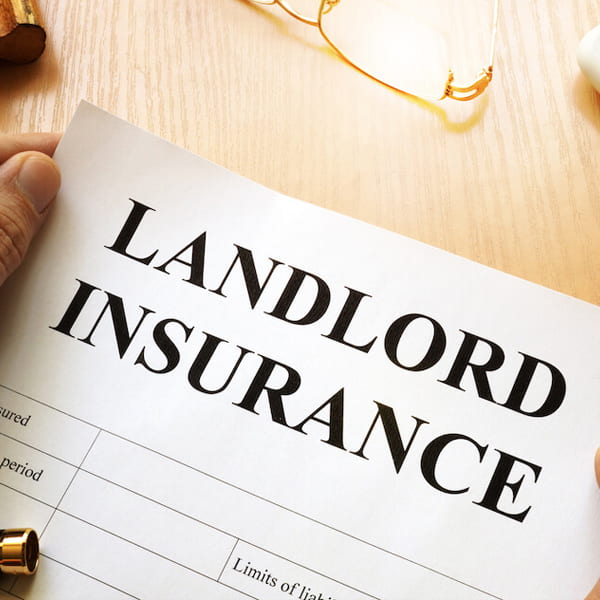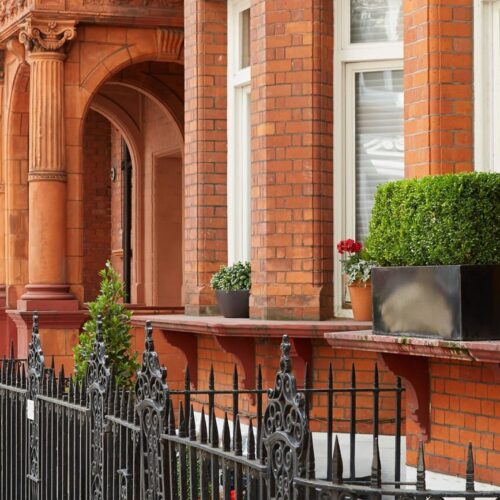Many people want to find an ideal property in Mayfair that is reasonably priced, has a good price, and has all the safety measures in place. These are just a few selection criteria, but they are some of the main ones. It is wise for tenants to consider improving their home security.
You should prioritize the safety of your tenants to ensure their long-term stay in your rental property. In addition to safeguarding the tenants, enhancing property protection will help you attract future occupants, boost rental value, and mitigate the risk of vandalism and theft. Here are tips for securing your rental properties and maintaining a strong tenant relationship.
How to Keep Property Safe?
1 Have a Tenancy Agreement
Having a formal written rental agreement is not currently legally required in England (although it is in Wales due to the Renting Homes (Wales) Act that took effect on 1 December 2022). However, it is recommended for every landlord to have one. This ensures a clear record of the agreed terms and conditions of the tenancy. Moreover, your mortgage and insurance agreements may also stipulate this requirement.
The most common contract for residential letting is an assured shorthold tenancy agreement (AST) – or Private Residential Tenancy. This agreement outlines crucial details such as the property owner and tenant(s)’ names and contact information, the rent amount and payment frequency, the rights and responsibilities of both parties and the tenancy duration and termination criteria.
2 Invest in External Lighting
Ensure the safety of your rental property by implementing a simple yet effective method – install excellent external lighting. Properly illuminate common areas, back exits, and parking lots. Install automatic lights above doorways so that your tenants can control when they turn on or off, eliminating the hassle of searching for keys in the dark.
If your tenants forget to turn off the lights before leaving, they can easily double-check using the Total Connect App. Automatic lights also create the illusion that someone is home, even if your tenants are on vacation or working.
3 Protect Yourself From Hackers
Many cyber threats can compromise the electronics in your home. This applies not only to computers but also to IP cameras, TVs, etc. One of the approaches to protecting against Internet threats is to install and use the Tor browser. This is a relatively safe Tor browser that allows you to hide user information. Although the secure Tor browser is relatively high level, it is probably worth installing a VPN additionally. You can try VeePN in a free trial – a great starting point for securing your Internet connection.


4 Be Prepared for Emergencies
When a disaster strikes, it usually comes unexpectedly. In case of severe storms, earthquakes, wildfires, or other unforeseen situations, your best approach is to be prepared for the aftermath. Take steps to protect your property, tenants, and business during emergencies.
- Create an evacuation and emergency procedures plan and discuss it with your tenants.
- Be ready for power outages by having generators, battery-powered flashlights, and radios to ensure tenant safety and well-being.
- Document the utility shut-off valve locations to reduce damage caused by fire or other disasters.
- Keep a fire extinguisher on-site with clear instructions for use.
- Backup your computer files and important documents, such as mortgage papers, notes, and rental contracts, on your computer and store them securely in a fireproof off-site facility.
5 Take Out Landlord Insurance
To safeguard your finances against property damage repair costs, it is advisable to obtain insurance. Homeowners typically have buildings and contents insurance that covers various scenarios like escape of water, subsidence, storm damage, and accidental damage. Renters should also consider financial protection for incidents such as malicious damage by tenants or their guests, liability protection for injuries to tenants, contractors, or visitors, and coverage for alternative accommodation if the property becomes uninhabitable.
Advice! You can try to save some money on insurance. The point is to download a VPN and try to change your location and search history. Because online insurance sites try to offer dynamic prices, you may get a better deal when you sign up again.
6 Door Security
When you rent your property, one of the initial steps to enhance its quality is to assess the safety of the external doors. Installing robust, solid doors is a wise option as they not only offer improved security but can also reduce insurance premiums. Additionally, consider utilizing locking mechanisms that can further decrease premiums.
To enhance door security, consider incorporating deadbolt locks, which significantly increase resistance against break-ins. For added peace of mind, consider installing chain locks and peepholes to reassure your tenants. If you manage a building with multiple apartments, investing in an intercom security system can prove to be invaluable.
Conclusion
Nowadays, renting a home in the UK costs nearly £1,000 a month on average. Over the past year, the cost has increased by 11%, driven by a shortage of available properties for rent, particularly in Mayfair where demand is high. Increased demand and a huge number of attackers, including virtual ones, complicate everything. But with the tips listed above, you can protect your rental property from various types of security problems.
















